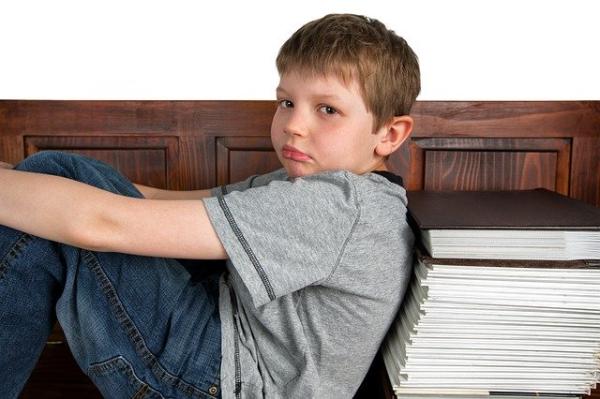Having left Manhattan several years ago and moved to the NoFo, I found that delivery services for food were virtually non-existent. You would have thought COVID has changed that significantly, but only if you want Mickey D's or Burger King. In any case, it is an economic miracle to continue to scale large businesses like GrubHub or DoorDash, that consistently fail to make a profit. Matt Stoller, writing in Big, offers some insight.
"Back in September, I coined a term, "Counterfeit Capitalism," to describe the money-losing business model of WeWork and Uber, which seems increasingly pervasive in our economy. Losing money to acquire market power, or to steal from investors, is a form of counterfeiting because it drives honest competitors that have to generate a profit out of the market. What we're seeing in the food delivery app space, with Grubhub, Uber Eats, Postmates, and DoorDash, all of whom lose money, is precisely that, the burning of capital by Wall Street in an attempt to acquire market power."
Counterfeit Capitalism, Food Delivery Apps, and the Attack on Franchising
And now for something a bit different. If you read my article on Condors, you now know that birds' flight involves thermals and other air currents. They are not the only passengers in the sky; insects hitch rides in the air at altitudes you would not ordinarily consider. A short animation to accompany the voice of Robert Krulwich. From Aeon, Out of sight above us swarms of insects are riding their own mass-transit system
And for those of you who need a COVID-19 fix, there is this study, from Nature, pointing to some other riders on high-altitude mass transit.
"Using platform sites high in Spain's Sierra Nevada Mountains, the researchers found billions of viruses and tens of millions of bacteria are being deposited per square metre per day. The deposition rates for viruses were nine to 461 times greater than the rates for bacteria. "Bacteria and viruses are typically deposited back to Earth via rain events and Saharan dust intrusions. However, the rain was less efficient removing viruses from the atmosphere," said author and microbial ecologist Isabel Reche from the University of Granada. … The viruses tend to hitch rides on smaller, lighter, organic particles suspended in air and gas, meaning they can stay aloft in the atmosphere longer."
I have had more opportunities to be out driving in the last few weeks, and that has allowed me to listen to podcasts. This week I had the chance to hear a recent episode of 99%Invisible, entitled "A Side of Franchise."
"Chatelain sees the current reality of franchises in nuanced ways. On the one hand, Black business owners have been empowered to make money as well as positive impacts in their communities. On the other hand, franchises are still beholden to larger corporate overseers with their own interests and bottom lines. So while franchises have provided real opportunities in various ways, they also have reinforced many systemic problems over the decades as well. In the end, Chatelain says she's "come to a place of understanding that fast food can be harmful and it can be deeply meaningful."
The article is good, but the podcast is, as always, excellent. You will never look at McDonald's the same way again.




